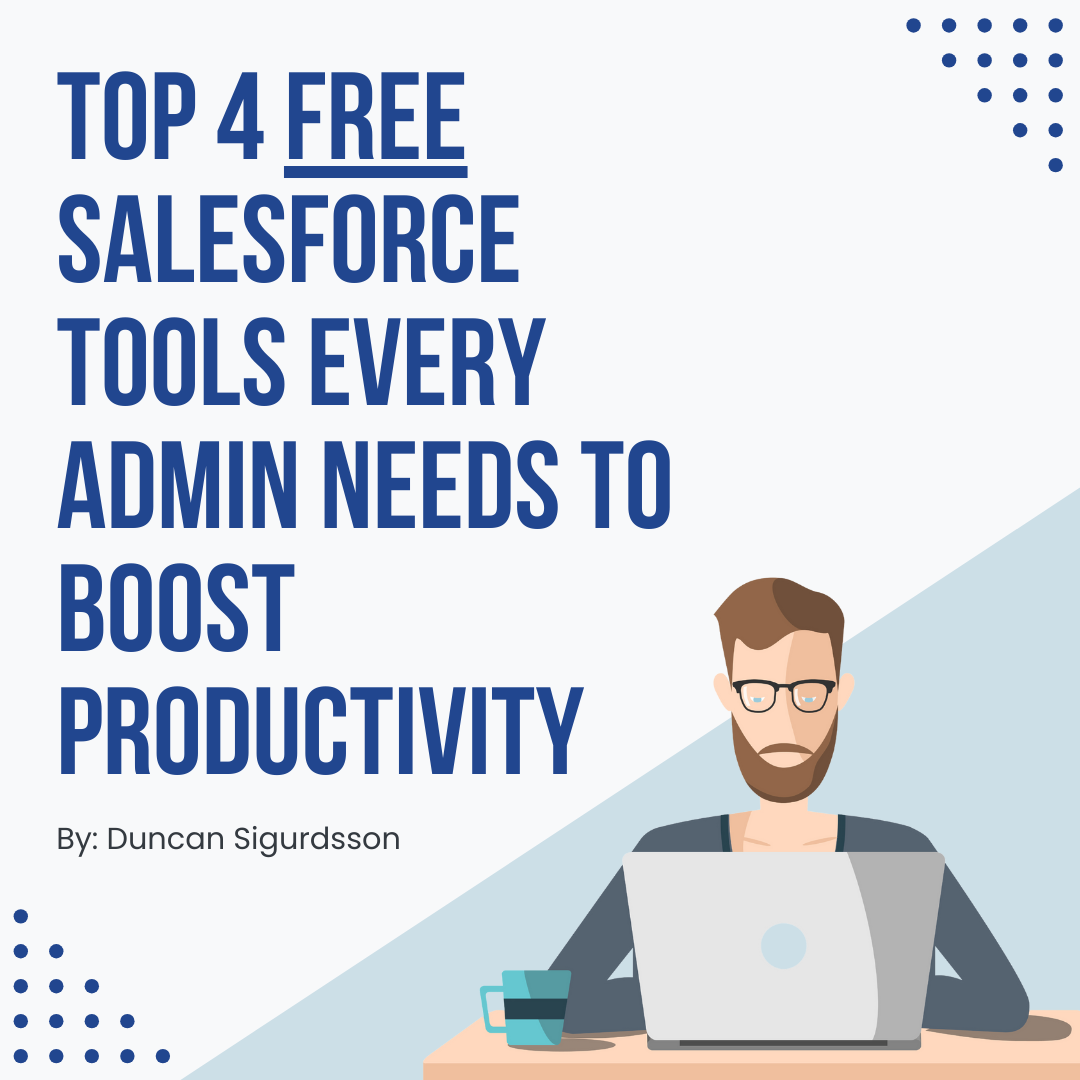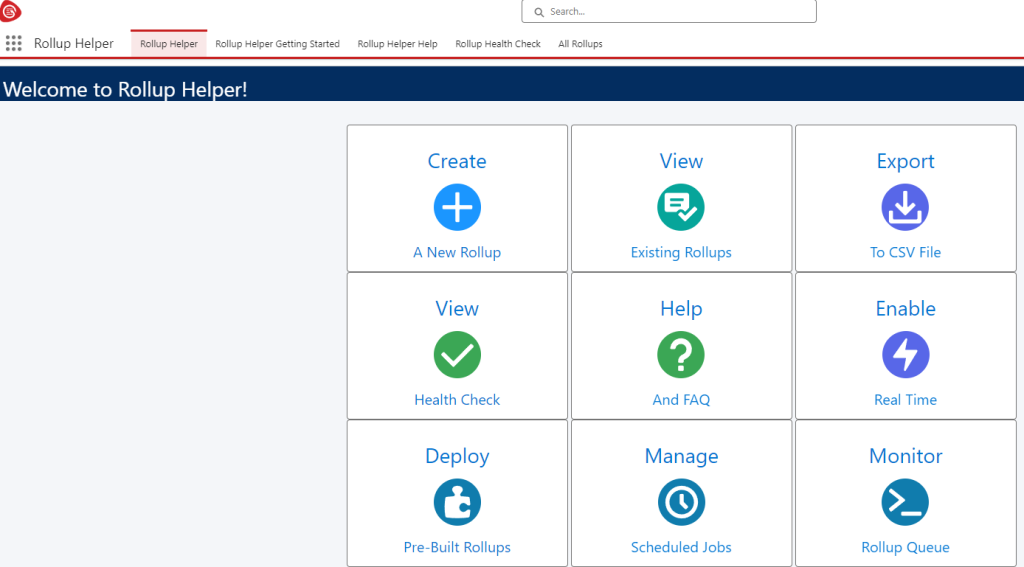
Being a Salesforce Admin is a unique experience, full of complexities and quirks that are hard to understand unless you’ve lived it. From managing user expectations to navigating the system’s capabilities and database constraints, the role comes with its challenges.
Over my five years as a full-time admin for more than 50 companies, I’ve learned countless lessons. One of the most valuable insights is the power of free Salesforce AppExchange apps and browser extensions that simplify our jobs and add much-needed functionality to the system.
Here are four of my favorite tools and why they are so useful.
Rollup Helper
Often, we need data that resides “below” a Master-Detail record, and Salesforce covers this need with Roll-Up Summary fields. But what about relationships between records that aren’t Master-Detail? If you want to pull data from the newest child record or calculate an average or total of all child records, you’re left to find another solution.
One option is a time-triggered Flow, but these can cause errors and leave gaps in data accuracy. Another option is to update a field on the parent record whenever a child record is updated, but this too can be inefficient and prone to errors.
This is where Rollup Helper by Passage Technology comes in. It allows you to create roll ups on records that aren’t in a Master-Detail relationship. Whether you need the latest MQL date from one of 100 Contacts or the total amount won across a 100 records of a custom built sales object, the free version of Rollup Helper gives you three fields that stay up to date in real-time. While unlimited real-time rollups require a paid version, the free version is a huge time saver for pesky problems and can save significant development and upkeep time.

Report Sender
Salesforce has a limitation: sometimes, we have contacts who are not prospects or clients but still play an important role, such as freelance specialists or door-to-door agents. These individuals don’t need Salesforce access due to cost and security concerns. However, it becomes a problem when we want to subscribe these freelancers or external employees to a scheduled report. Salesforce requires a user to be configured with a license to send reports, which can be a hassle.
Report Sender by CloudAnswers solves this problem. It allows you to set up reports with customizable subject lines and brief messages, sending them out as Excel spreadsheets to any email address in the world. Best of all, it’s totally free and easy to use. I’ve used it to help a car parts company keep their third-party reps informed about upcoming clients and successes attributed to them. The reports go out monthly to all major partners, keeping everyone in the loop without requiring Salesforce access.

Salesforce Inspector Reloaded
A follow up to the original Salesforce Inspector, Salesforce Inspector Reloaded is not a managed package but a Chrome extension. With a 4.9 out of 5 stars, this quality-of-life tool allows you to view all data on a record easily and much, much more.

Have you ever been frustrated by the need to add a field to a layout just to see its value? Or perhaps you’ve created a new list view or report for the same reason? Many admins who write SOQL queries might suggest using SOQL, but an even quicker solution is the Salesforce Inspector Chrome extension. It provides immediate access to all fields, APIs, values, and more in an accessible overlay. I’ve never encountered any issues with Salesforce Inspector Reloaded, and it makes data hunting much easier for admins.

FIELD SPY
So, the day has come—you finally have 500 custom fields on your Account object. You know you need to delete some, but don’t know where to start. That’s where this awesome free tool comes into play. Field Spy by Sonar is an amazing, free tool that can help by analyzing your records and telling you which fields are or aren’t in use.
In the picture below, you can see an example of Field Spy in action. (Not shown here: it will also tell you the exact number of records a field is populated on.) Using this example, it’s important to know if that 1% is 1, 100, or 1,000 records. It will give you a display like this: Total Usage (2/7985). The tool always rounds up; the first number is how many records have a value for that field, and the second is the total number of records for that object—in this case, Accounts.

They also include insights, as indicated by the yellow light bulb. For example, they might tell you, “This field is populated only on Accounts of Record Type ‘X,’” or, “This field is populated only when the company size is greater than 100 employees.” It’s really powerful stuff.
Then, you can use this tool to delete fields as needed. It also includes the “Where is this used?” feature, accessible right from the analysis screen, instead of having to go to Object Manager. This tool has many more uses and is 100% free—nothing is behind a paywall—so it’s super beneficial for all Salesforce Admins to give this great tool a look!
Hope you enjoyed this blog. For more information about who we are and what we do, reach out any time by heading over to our contact page. We can help with problems big and small, from simple field updates and report building to integrations and complete custom systems.


